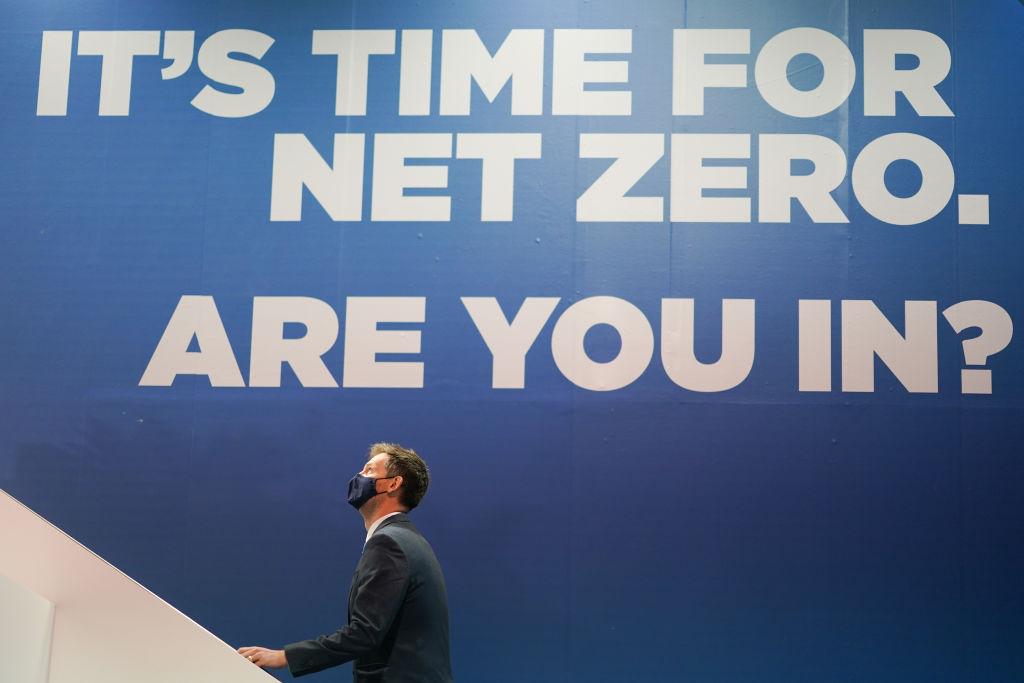More than 1,100 scientists and professionals worldwide have signed a World Climate Declaration (WCD) stating that there’s no climate emergency.
The independent foundation Climate Intelligence (CLINTEL) issued the one-page summary on June 27, garnering 1,152 total signatures in 15 countries as of Aug. 23.





